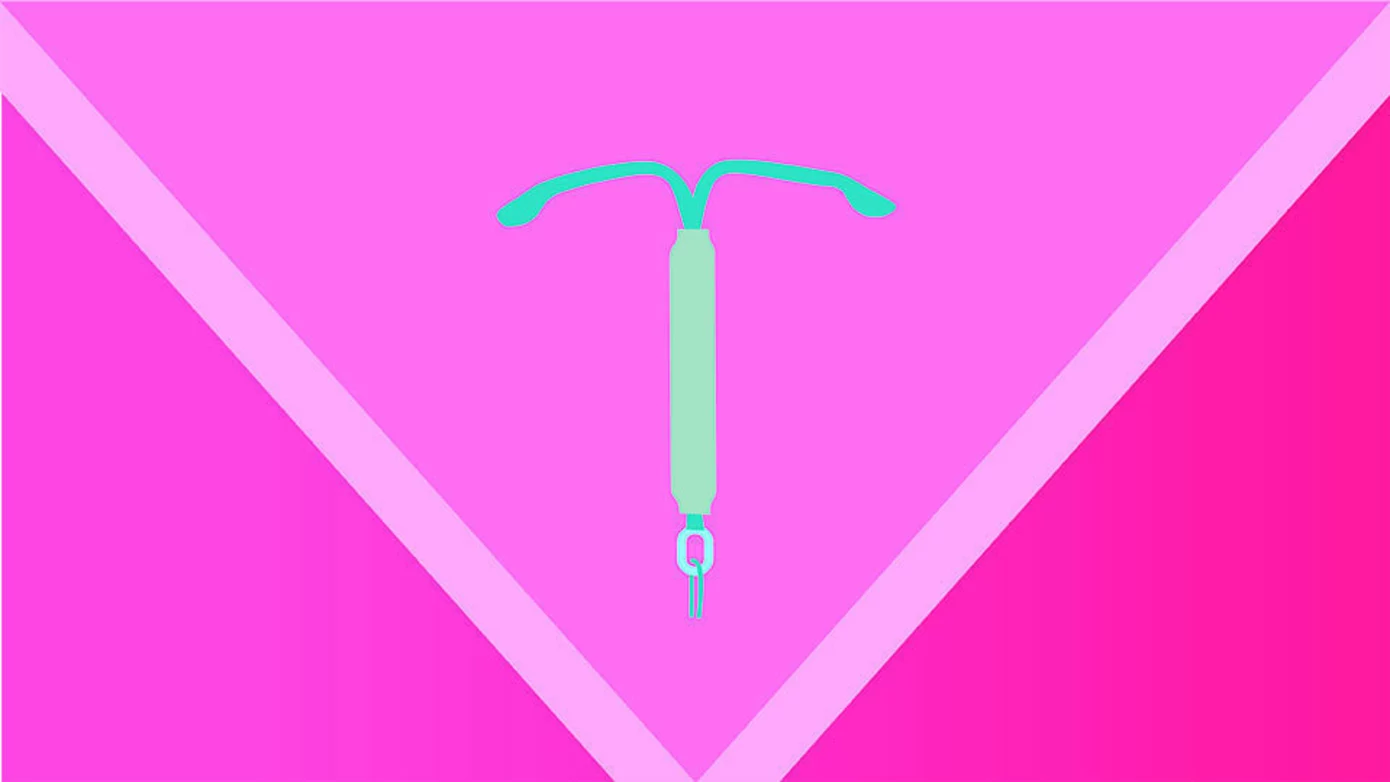Thinking about getting an IUD? Here’s what you need to know
It seems like everyone’s all about the IUD these days. There are a lot of benefits, but the main one currently brought up is that they’re long-lasting. It’s not just for convenience: The constant threat of losing non-copay birth control thanks to the new administration means that many people wouldn’t be able to afford contraception you’d have to take on a regular basis, like the pill.
But if you’re new to the IUD (that’s intrauterine device), knowing which is best for you can be tricky. That’s why we asked Dr. Kerry Price, an OB-GYN at Saddleback Memorial Medical Center in Laguna Hills, California to help walk us through the process.
In order to help her patients choose the best IUD for them, Price has them answer the following questions:
How are your periods normally?
IUDs are more than just birth control and can help people deal with painful and irregular periods too.
If a patient’s periods are particularly heavy or painful, Price recommends the Mirena (progesterone or “hormonal” IUD), which is FDA-approved for reducing heavy periods and easing painful ones. On the other hand, if a patient’s periods are fairly manageable in terms of flow and cramping, she suggests the Paragard (copper or “non-hormonal” IUD). They can actually make heavy or painful periods worse, so she doesn’t recommend it in patients who have heavy or painful periods as their norm.
What other medical conditions do you have?
The good news is that the IUD is the safest form of contraception that we have according to the American Congress of Obstetricians and Gynecologists and the World Health Organization.
Price explains that this is because they are nonsystemic, which means that they do not interact with any other medication or cause changes in blood pressure, lab values or chronic medical conditions.
When do you want to have a baby (if ever)?
The Mirena is good for five years, with new data emerging for possibly up to seven years of protection. The Paragard is good for 10 years.
“Regardless of which option women choose, I always let them know that they can have an IUD removed at any time, whether it’s to get pregnant, or to change methods of contraception,” Price says.
Do you have an allergy to copper or the condition Wilson’s Disease?
If a patient does, then the Paragard, which is made of copper, would not be a good choice.
Do you have any abnormalities of the uterus or cervix?
Certain anatomic conditions mean that an IUD is not a good option. Price says that your doctor may recommend a pelvic ultrasound or other study prior to IUD insertion if there is any concern.
In addition to answering questions, Price also take the time to bust these IUD myths:
The IUD makes it harder to get pregnant in the future
Wrong! There is good data to show rates of fertility are the same as other methods.
You can’t have an IUD unless you’ve had a baby
This is not true The IUD is safe to use in women who have never given birth, even in patients in their teens.
You can’t have an IUD unless you are married or in a long term relationship
Nope, this has no bearing on placement or continuation.
The IUD will give you [insert side effect here]
“Again, this is a myth,” Price says. Common side effects are cramping and spotting from time to time, but the IUD is nonsystemic and is not generally associated with any systemic side effects like weight gain, acne, mood changes or other side effects that are commonly associated with birth control.
Lastly, Price always encourages women to ask their doctor about IUD and get the information from a health care professional, not the internet, “because there is a lot of misinformation and downright untrue information about IUDs that can really influence their decision.”
Originally published on SheKnows.




comments